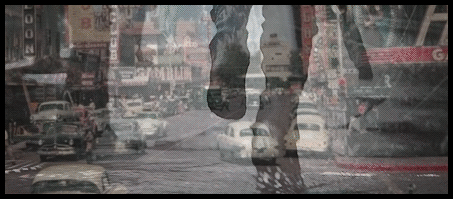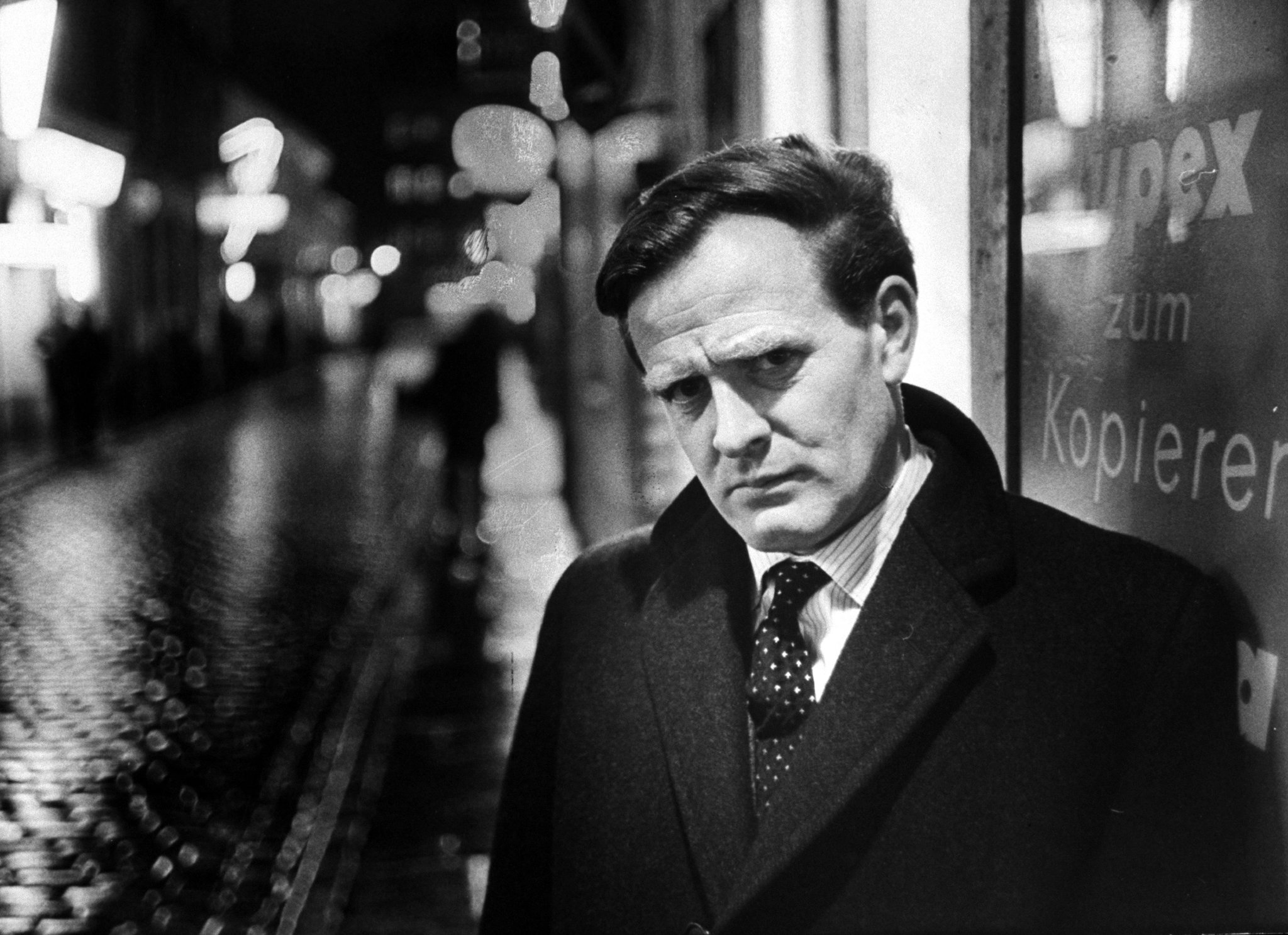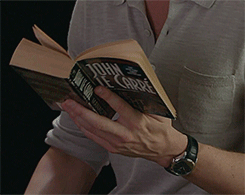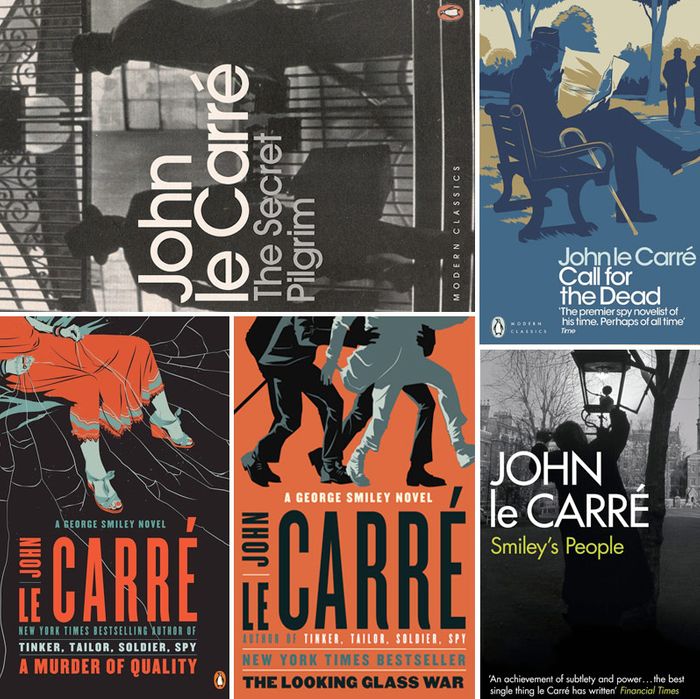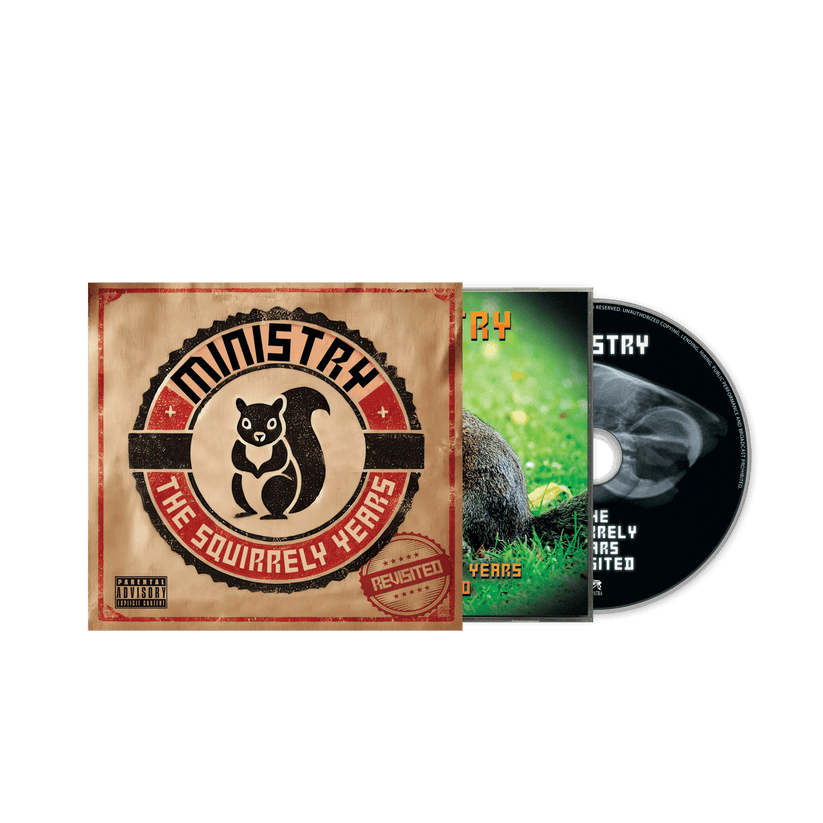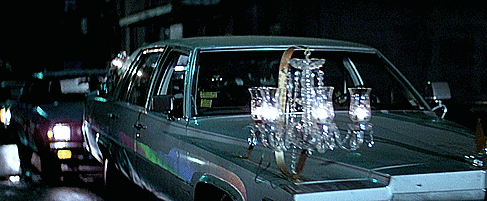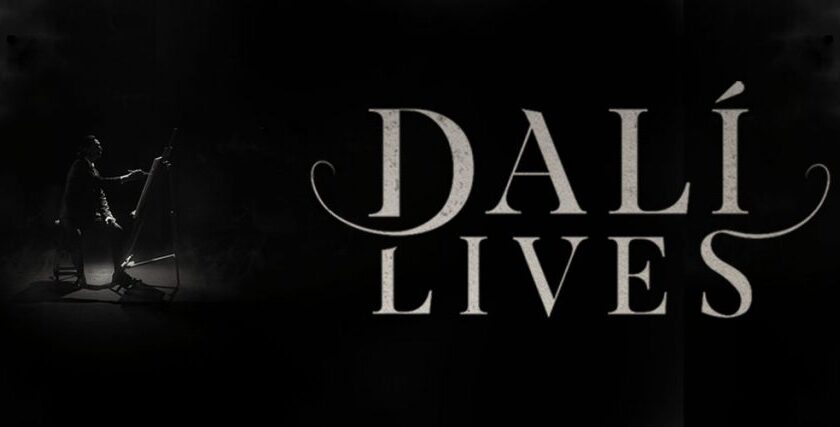David John Moore Cornwell[1] (19 October 1931 – 12 December 2020[2][3]), better known by his pen name John le Carré (/ləˈkæreɪ/),[4] was a British author of espionage novels. During the 1950s and 1960s, he worked for both the Security Service (MI5) and the Secret Intelligence Service (MI6). His third novel, The Spy Who Came in from the Cold (1963), became an international best-seller and remains one of his best-known works.
Intimations | John le Carre The false and lonely world of the writer. CHANNEL | BBC 2 FIRST BROADCAST | 08 February 1966 SYNOPSIS In this extended interview, John le Carre talks to Malcolm Muggeridge about his writing and the main influences on his work. Although their conversation covers much about the author’s career and ambitions (with the notable exception of any mention of his time as a spy), much of the interview looks at the modern phenomenon of the secret service agent as a hero. In a revealing insight, Le Carre explains that his dislike of James Bond stems from the fact that Bond doesn’t exist in a political context, making him more of an ‘international gangster’ than a spy. DID YOU KNOW? In this interview, although Malcolm Muggeridge talks about his own, very brief, period of spying, John le Carre remains close-lipped about his (much more extensive) career in espionage. Le Carre (real name David Cornwell) began working for MI5 in 1952 and transferred to MI6 in 1960. There he remained until 1964, when a combination of Kim Philby’s defection, which exposed many British agents, and his own growing success as a novelist caused him to leave the secret service. Le Carre remained secretive about his former career for many decades.
Following the success of this novel, he left MI6 to become a full-time author. His books include The Looking Glass War (1965), Tinker Tailor Soldier Spy (1974), Smiley’s People (1979), The Little Drummer Girl (1983), The Night Manager (1993), The Tailor of Panama (1996), The Constant Gardener (2001), A Most Wanted Man (2008) and Our Kind of Traitor (2010), all of which have been adapted for film or television.

